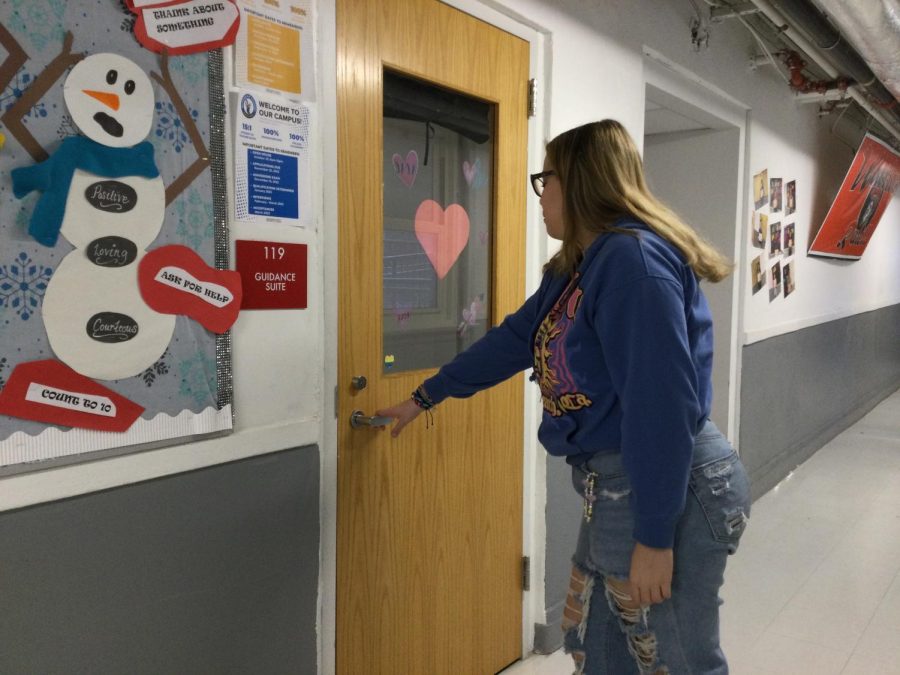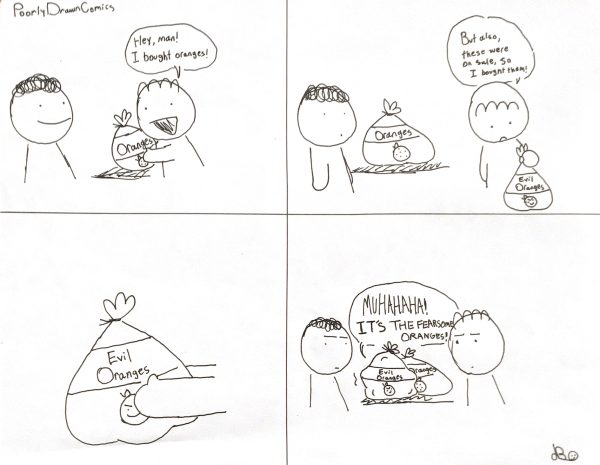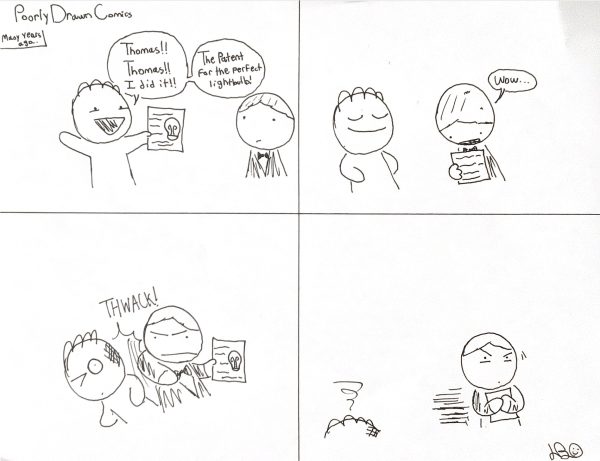Do you Believe in Depression Denial in Hispanic Households?
SPEAK UP: It’s okay to not be okay but it’s not okay to suffer in silence.
Jan 17, 2023
One of Disney’s biggest hits two years ago was Encanto. The movie takes place in Colombia where the Madrigals, a family with special abilities, live in a house hidden in the mountains. Every child in the family is blessed with a gift, well, every child except Mirabel.
Mirabel was treated poorly by her family for not having a gift. Her Abuela Alma would blame her for things that weren’t her fault and looked down on her for not having a gift. This made Mirabel feel like a disappointment like she wasn’t good enough, however, she wouldn’t dare admit that.
Encanto does a good job of portraying depression and depression denial in Hispanic households. It shows how difficult it can be to open up and express your feelings.
There are different reasons why a child in a Hispanic family may be scared to open up about their mental illnesses. A reason is that Hispanic parents born out of the U.S. grew up with a different lifestyle, so it’s difficult for them to understand where their child is coming from and they aren’t really sure how to provide comfort.
“In many ethnic households, it is believed that it’s better to stay quiet about any mental illnesses so that it doesn’t bring shame to the family,” Mrs. Torella, WMS guidance counselor, explained.
She’s observed over the course of the pandemic that social media has grown more than ever and society has learned and gotten used to talking and expressing their feelings anonymously behind a black mirror, which only reflects themselves as people. She said, “After the pandemic, students and adults have found it harder to reach out and talk out their problems.”
The pandemic has immensely affected everyone’s mental health. Being isolated in quarantine for so long made it even more of a challenge for kids to express their feelings because of the issue of not knowing how to express themselves piled on top of their parent’s misunderstanding depression.
From the “National Alliance on Mental Illness,” it said that there are many barriers blocking access to mental treatments for Hispanics such as language barriers, being in poverty, and less health insurance coverage.
WMS student Monserrat Pereyra said, “These barriers affect Hispanic children because even if their parents do want to help them, it could be a challenge because they may not know how to speak English because of how expensive English classes were back then.”
When coming to the U.S. from a foreign country and not knowing how to speak any English, it could be a struggle. It was difficult to get a job when you didn’t know English which made it difficult to get basic human necessities.
WMS student Bryanna Cosme said, “When someone really needs to help, these barriers could affect them by making them end up doing bad stuff.”
Bad mental health is not a light topic and should be taken seriously. If you find yourself feeling you have no one to talk to and are truly struggling mentally here are some resources to talk about whatever you’re going through.
NSPL : 998
NJ SPH: 1-855-654-6735
AFFSP: Text TALK to 741741





